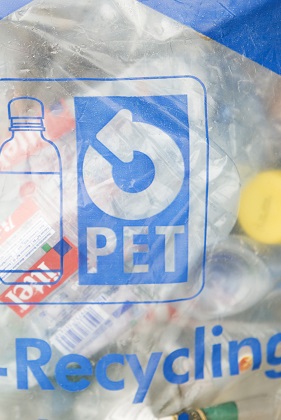Supporting Goal 12. Higher plastics recycling targets in the EU do not necessarily have to be detrimental to EU polymers producers, who will find new business opportunities in the recycling industry. EU countries will need to improve their recycling systems in order to achieve a more unified approach.
In de Souza E Souza v Primark Stores Ltd, the employment tribunal awarded £47,433 to a transgender employee who suffered harassment and recommended that the employer adopt a written policy on how to deal with new and existing staff who are transgender or who wish to undergo gender reassignment. This advances goal 8 (decent work and economic growth), goal 10 (reduced inequalities) and goal 16 (peace, justice and strong institutions).
Forced migration is not a recent phenomenon, nor is the reality of the amount suffering of the displaced population fleeing from armed conflict. Finding housing for refugees has not only become an acute obligation for hosting countries but it is a situation predicted to continue, and possibly increase, in the future. This study is discussing and showing the results of the first phase of an ongoing project for designing and constructing an eco-cycle refugee shelter.
In Guisado v Bankia SA and others, the European Court of Justice (ECJ) held that there is nothing in EU law to prevent a pregnant worker from being included in collective redundancies. This sets out legal implications for pregnant workers and aligns with goal 5.
Supporting Goal 12. The EU should keep and recycle its “valuable plastic” within a “single circular economy”, according to the European Commission’s vice president for jobs, growth, investment and competitiveness
In many tropical regions, such as New Caledonia, soil erosion from anthropogenic activities and subsequent ecological restoration are major issues that require detailed soil and vegetation data for the production of management plans. To determine if some plant species are more useful for stabilizing soil aggregates and thus reducing erodibility, we examined three species endemic to New Caledonia, and measured how root traits and associated mycorrhizas and fungi influenced Ferralsol aggregate stability (MWD).
In the last decade, the number of women on corporate boards has increased slightly, but the prevailing minority status of women directors implies that they will continue to face social barriers. While prior research has largely focused on explaining social barriers (e.g., being categorized as an out-group member) to increase diversity and its negative consequences, how boards can avoid these obstacles remains unclear.
Supporting Goal 12. The use of plastics in packaging has been thrust into the spotlight in recent months. A renewed focus on marine waste including microplastics as well as still high landfill rates for plastics has led for calls for a reduction in single-use plastics.
Supporting Goal 12. Moving towards a circular economy for nylon is a matter of when, not if, according to the CEO at one of Europe’s largest manufacturers of nylon textile filaments, Italy’s Aquafil.
Supporting Goal 12. LyondellBasell is taking a positive view of the EU’s new framework to eventually make all plastics packaging in the region recyclable and reduce plastics waste, seeing a more circular economy with exciting new opportunities



